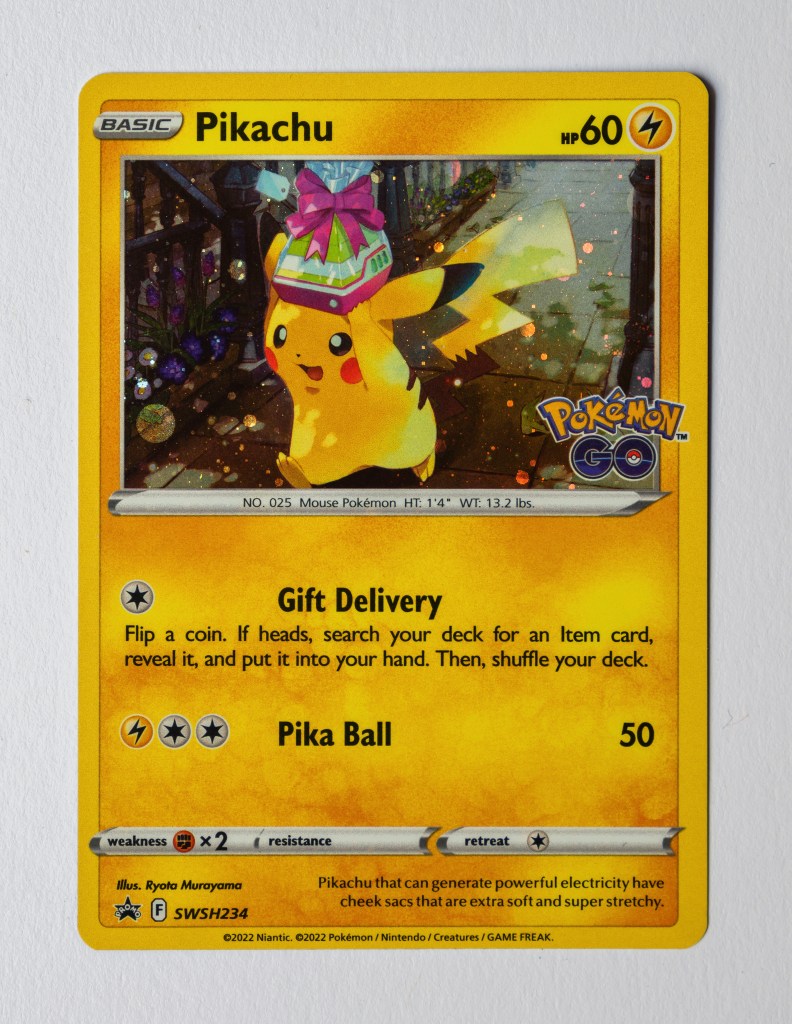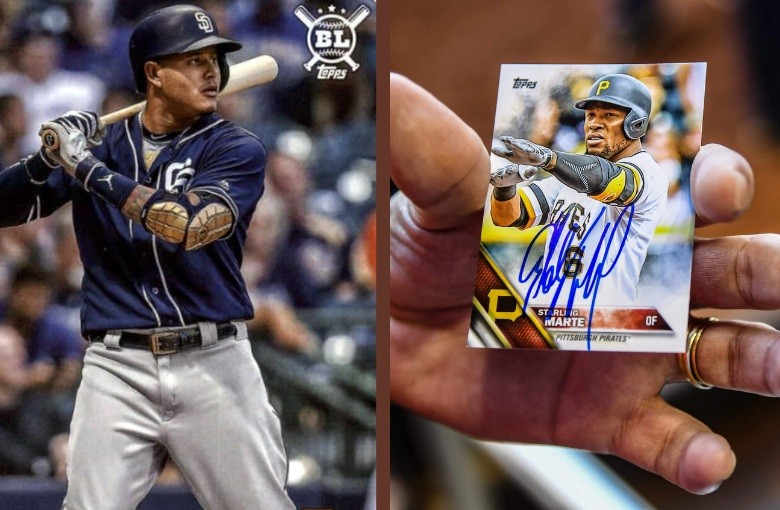Last Updated on June 11, 2025
Yes, baseball cards can be worth a lot. Several key factors determine their value, including rarity and condition.
Baseball cards have fascinated collectors for over a century. Their worth varies greatly due to multiple factors. Rarity plays a significant role, with rare cards fetching high prices. The card’s condition also impacts its value, as mint-condition cards are more desirable.
Age and historical significance further influence worth. Cards featuring legendary players or rookie cards often command higher prices. Market demand and trends can also affect a card’s value. Collectors should research thoroughly and stay informed about the market to understand the true value of their baseball cards. Whether you are a seasoned collector or a newcomer, knowing these factors can help you make informed decisions.
Historical Significance
Understanding the historical significance of baseball cards is crucial. It helps in determining their worth. Cards from different eras and featuring notable players have a unique value.
Era Of The Card
The era of the card greatly impacts its value. Cards from the early 1900s are rare and valuable. They often feature black-and-white photos. Cards from the 1980s and 1990s are less valuable. There was a higher production during this time. Collectors prefer older cards.
| Era | Characteristics | Value |
|---|---|---|
| Early 1900s | Black-and-white photos, rare | High |
| 1950s-1960s | Color photos, limited production | Moderate to High |
| 1980s-1990s | Mass production, less rare | Low |
Notable Players
Cards featuring notable players hold significant value. Players like Babe Ruth and Mickey Mantle are highly sought after. Modern stars like Mike Trout also have valuable cards. The player’s achievements and popularity affect the card’s worth.
- Babe Ruth: Legendary player from the early 1900s.
- Mickey Mantle: Iconic player from the 1950s and 1960s.
- Mike Trout: Modern player with exceptional records.
Condition And Grading
Understanding the condition and grading of baseball cards is crucial. These factors can significantly influence a card’s value. Grading provides a standardized measure of a card’s physical state. This helps collectors and investors make informed decisions.
Physical Condition
The physical condition of a baseball card is essential. Cards in mint condition are more valuable. Common issues that affect condition include:
- Corners: Bent or worn corners reduce value.
- Edges: Frayed or rough edges decrease worth.
- Surface: Scratches, stains, or fading lower the price.
- Centering: Poor centering can affect desirability and value.
Collectors prefer cards free from these defects. Well-preserved cards from older eras can be particularly valuable.
Professional Grading Services
Professional grading services evaluate and certify the condition of baseball cards. These services use strict standards to grade cards. Popular grading companies include:
| Grading Company | Abbreviation | Reputation |
|---|---|---|
| Professional Sports Authenticator | PSA | Highly reputable |
| Beckett Grading Services | BGS | Respected |
| Sportscard Guaranty | SGC | Trusted |
Graded cards come with a certification label. This label includes a grade from 1 to 10. Higher grades indicate better condition and higher value. Graded cards often sell for more than ungraded ones.
Grading services also offer protection through encapsulation. This process seals the card in a tamper-proof case. This helps preserve the card’s condition over time.
Rarity And Scarcity
Rarity and scarcity play a huge role in the value of baseball cards. Cards that are hard to find often have higher worth. Let’s dive into the factors that make a card rare.
Limited Editions
Limited edition cards are produced in small numbers. These cards are often part of special sets. Collectors highly seek these cards.
- Exclusive Releases: Cards released for special events.
- Autographed Cards: Cards signed by players.
- Commemorative Editions: Cards to mark special milestones.
Print Runs
Print runs refer to the number of cards produced. Smaller print runs mean fewer cards available. This increases their value.
| Print Run Size | Card Value |
|---|---|
| Low | High |
| Medium | Moderate |
| High | Low |
Cards with lower print runs are harder to find. Thus, they are more valuable.
:max_bytes(150000):strip_icc()/ValueAdded-4187179-Final-c9e4119b97794abfaafdff2236d162dd.jpg)
Market Demand
Understanding the market demand is crucial to determining the worth of baseball cards. Demand varies based on trends, collector interests, and historical significance. Below, we explore these key factors.
Popular Trends
Popular trends greatly influence the value of baseball cards. Some cards become more valuable due to current events or player achievements. For example, a rookie card of a player who recently won an MVP award may see a spike in demand.
- Rookie cards of rising stars
- Limited edition cards
- Cards featuring iconic moments
Trends can shift quickly. Staying updated with baseball news helps in predicting card values.
Collectors’ Interests
Collectors’ interests also play a significant role. Some collectors focus on specific teams or players. Others may look for cards from a particular era.
Understanding what collectors want can help you identify valuable cards.
| Collector Type | Focus | Example |
|---|---|---|
| Team Collectors | Cards from a favorite team | New York Yankees cards |
| Player Collectors | Cards of a favorite player | Babe Ruth cards |
| Era Collectors | Cards from a specific time | 1950s cards |
By understanding these interests, you can better gauge a card’s potential value.
Authenticity
One crucial factor in determining the worth of baseball cards is authenticity. Genuine cards hold value, while counterfeit cards do not. Ensuring a card is authentic involves several steps.
Counterfeit Detection
Detecting counterfeits requires a keen eye. Look for imperfections. Genuine cards have high-quality printing. Counterfeit cards often have blurry images or incorrect fonts.
Inspect the card’s edges. Authentic cards have smooth edges. Counterfeit cards may have rough or uneven edges.
Use a magnifying glass. Check for tiny details. Genuine cards have precise details. Counterfeits often miss these small elements.
Certification
Certification adds value to baseball cards. Trusted organizations like PSA, SGC, and Beckett provide certification services.
These organizations examine the card. They verify its authenticity. Certified cards come with a certificate of authenticity.
Certified cards are graded. Higher grades mean higher value. The grading scale ranges from 1 to 10. A card graded 10 is in mint condition.
Check the certificate. It should have a unique serial number. This number can be verified online.
Keep your certificate safe. It is proof of your card’s authenticity.
Here is a table summarizing the key points:
| Factor | Details |
|---|---|
| Printing Quality | Genuine cards have high-quality printing |
| Card Edges | Smooth and even on authentic cards |
| Magnification | Check for precise details with a magnifying glass |
| Certification | Verified by trusted organizations like PSA, SGC, Beckett |
| Grading | Scale from 1 to 10, higher grades mean higher value |
| Certificate | Contains unique serial number, verify online |
Ensuring your baseball card’s authenticity is key. Authentic cards hold more value. Follow these steps to verify your cards.

Frequently Asked Questions
What Makes A Baseball Card Valuable?
Condition, rarity, player popularity, and historical significance determine a card’s value.
How Do I Check A Card’s Condition?
Examine corners, edges, surfaces, and centering. Professional grading services can provide an official condition rating.
Are Old Baseball Cards Worth More?
Generally, vintage cards are more valuable, especially those from before 1980.
Which Players’ Cards Are Most Valuable?
Hall of Famers and legendary players like Babe Ruth, Mickey Mantle, and Honus Wagner have highly valuable cards.
Can Modern Baseball Cards Be Valuable?
Yes, especially limited edition, rookie cards, and those of superstar players can be quite valuable.
Where Can I Sell My Baseball Cards?
Online marketplaces, auction houses, card shops, and sports memorabilia shows are popular venues for selling cards.
Conclusion
Baseball cards can be valuable treasures. Factors like rarity, condition, and player popularity play crucial roles. Always research thoroughly before buying or selling. Understanding these key elements helps in making informed decisions. Happy collecting!
Recommended Articles:

